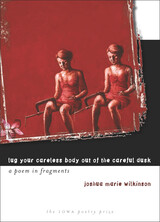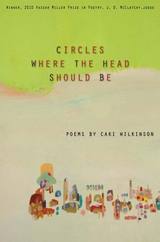Paper: 978-0-8101-3353-2 | eISBN: 978-0-8101-3354-9
Library of Congress Classification PS3623.H94Y68 2016
Dewey Decimal Classification 813.6
Miranda Weber is a hot mess. In Paula Whyman’s debut collection of stories, we find her hoarding duct tape to ward off terrorists, stumbling into a drug run with a crackhead, and—frequently—enduring the bad behavior of men. A drivers’ education class pulsing with racial tension is the unexpected context of her sexual awakening. As she comes of age, and in the three decades that follow, the potential for violence always hovers nearby. She’s haunted by the fate of her disabled sister and—thanks to the crack cocaine epidemic of the ’80s, the wars in the Middle East, and sniper attacks—the threat of crime and terror in her hometown of Washington, D.C. Miranda can be lascivious, sardonic, and maddeningly self-destructive, but, no matter what befalls her, she never loses her sharp wit or powers of observation, which illuminate both her own life and her strange, unsettling times.
See other books on: Fiction | Literary | Stories | Stranger
See other titles from Northwestern University Press






























